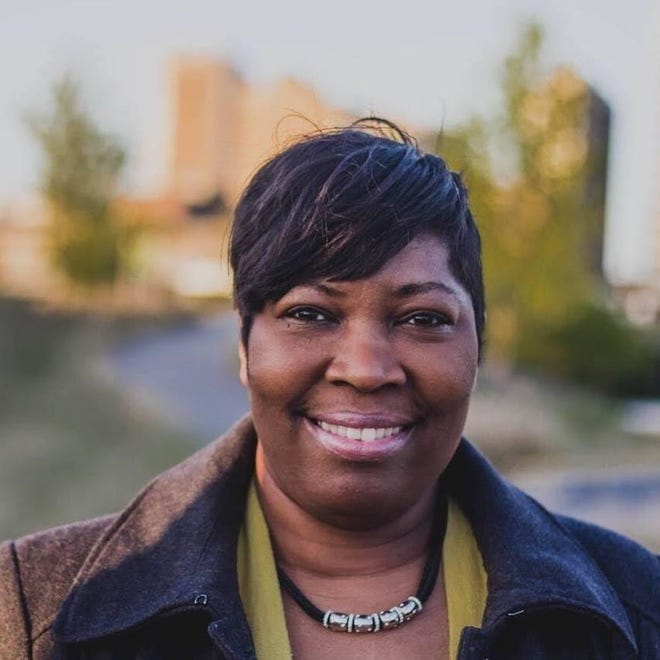Birmingham's growing life sciences sector received a major boost last October when it was named one of 31 finalists for a federal Technology Hub grant. The city is now in the process of obtaining up to $75 million in funding.
Even without the potential grant, Birmingham is on track to achieve a biotech breakthrough that will benefit workers across the region in the years to come.
As someone who has promoted racial equity as president of the Black Lives Matter Birmingham chapter, I am especially optimistic about the opportunities this historic influx of biotech investment can bring to Black workers and families in our city.
Historically, Black Americans have been underrepresented in the life sciences workforce, representing only 6% of life sciences workers while representing approximately 13% of the U.S. population. Setting up more biotechnology facilities here in Birmingham is an opportunity to change that.
But this more equitable future is by no means guaranteed. One of the most pressing threats to Alabama's thriving life sciences economy is trade policy pushed by foreign governments at the World Trade Organization.
The proposal would waive patent protection for COVID-19 treatments and diagnostics produced in the United States. In doing so, it would do enormous damage to America's world-leading bioscience research ecosystem, jeopardizing Birmingham's growing role as a nexus for biotechnology investment and innovation.
It is up to our leaders in Congress to stand up for the prosperity of Black workers in Alabama by urging the Biden administration to immediately oppose the IP waiver.
Equitable global access to medical products is crucial. But there is simply no evidence that intellectual property protection limits access to treatments or diagnostics for COVID-19. In fact, there is a significant surplus of COVID-19 treatments today, in large part due to a significant decline in global demand for these products.
Giving up intellectual property rights to these products would be disastrous for bioscience companies across the country, especially here in Alabama.
Our state is currently home to 780 different life sciences companies, which together employ approximately 18,000 state residents. Alabama is betting its economic future on the biotechnology industry, investing heavily in everything from new facilities to job training for future life sciences workers.
Since 2021, companies have invested $230 million to support the state's life sciences sector. And just last year, the nonprofit Southern Research broke ground on a pioneering biotechnology center in Birmingham, which is expected to have an annual economic impact of $300 million.
The proposed waiver would put that future into question, while handing over some of the most valuable inventions in the U.S. bioscience industry to foreign competitors.
If the reform takes effect, dozens of biotech manufacturing jobs that would have gone to historically marginalized communities here in Alabama will instead go to facilities elsewhere in the world, as foreign manufacturers begin making their own versions of these products.
This concession is also in the interest of China, a country that has been working tirelessly in recent years to surpass the United States as the world's leading source of biotechnology innovation. Stealing American intellectual property has always been part of China's biotechnology strategy. Giving away coronavirus treatments and diagnostics would eliminate the need for such theft by deliberately giving them away technologies that American companies have spent billions of dollars creating.
The Biden administration postponed a decision on the proposed patent waiver last year, but it appears ready to make its decision in the coming weeks. This means that Alabama's representatives in Congress have one last chance to implore the administration to reject this misleading patent waiver. Our trade policies must build our state's biotechnology economy while providing opportunities for groups that have not traditionally had a seat at the table. Sending inventions abroad undermines these common goals.

Kara McClure is a Birmingham resident who serves as Executive Director of Faith & Works, a statewide, Black-led, nonpartisan civic engagement organization working for social justice. The activist and community organizer is a co-founder of the Black Lives Matter Birmingham Chapter.

